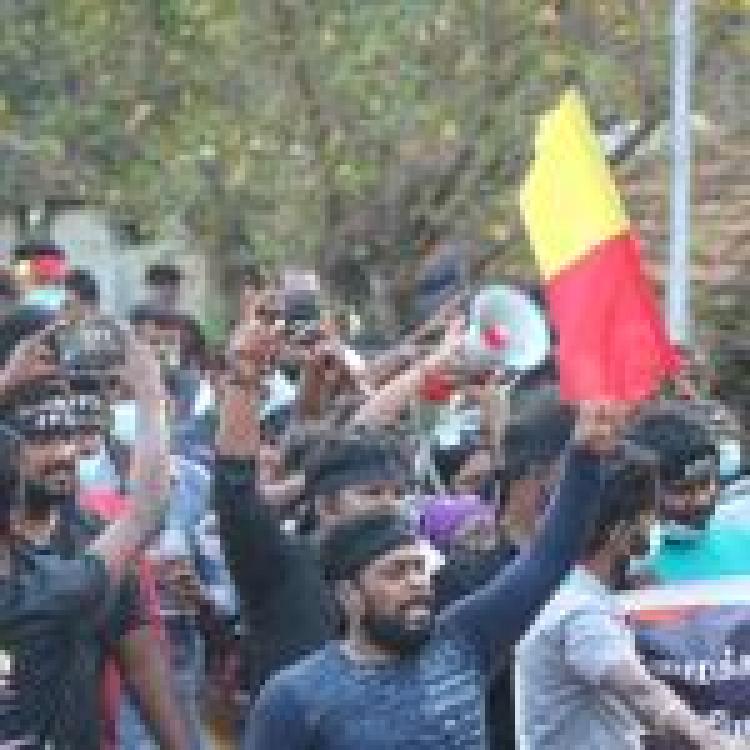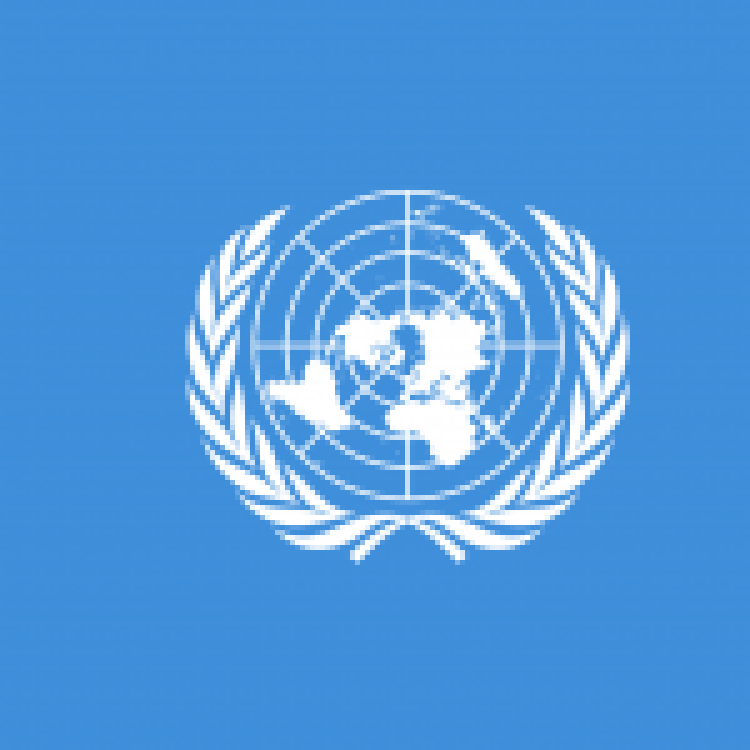
Sri Lankan Co-cabinet Spokesman and Minister of Energy, Udaya Gammanpila, has attacked the UN Human Rights Council (UNHRC) as a “biased” institution and slammed the previous administration for co-sponsorship of UNHRC’s 30/1 resolution.
This statement follows a damning report by the UN Human Rights Council’s High Commissioner which highlighted that the country remains in a “state of denial about the past” and calls on member states to advance “criminal accountability” by considering a referral to the International Criminal Court; establish investigations and prosecutions under universal jurisdiction, and imposing sanctions on Sri Lankan officials implicated in international crimes.
Read more here: UN report warns of ‘seeds of future violence’ in Sri Lanka
Gammanpila further claimed that the High Commissioner was operating outside of her mandate and alleging that her claims were unsubstantiated.
A “traitorous act”
Commenting on the previous administration's support for resolution 30/1, Gammanpila stated:
“This is a traitorous act worse than signing the Kandyan Convention in 1815. The Kandyan Convention only surrendered our sovereignty to the British. However, former Foreign Minister Mangala Samaraweera had surrendered our sovereignty to the entire international community by co-sponsoring the UNHRC resolution 30/1. That is why we say it is worse than the Kandyan Convention”.
Canada, Germany, and the UK have expressed their "profound disappointment" over Sri Lanka's withdrawal of co-sponsorship of the resolution.
Attack diaspora and victims
In his statement, Gammanpila further attacked the Tamil diaspora and victim groups arguing that with the eradication of the LTTE in 2009, finance was put towards lobbying “politicians, academics, NGOs, journalists and international diplomats to further their cause”. This he claims, is “why the UNHRC is biased towards them”.
Read more here.






